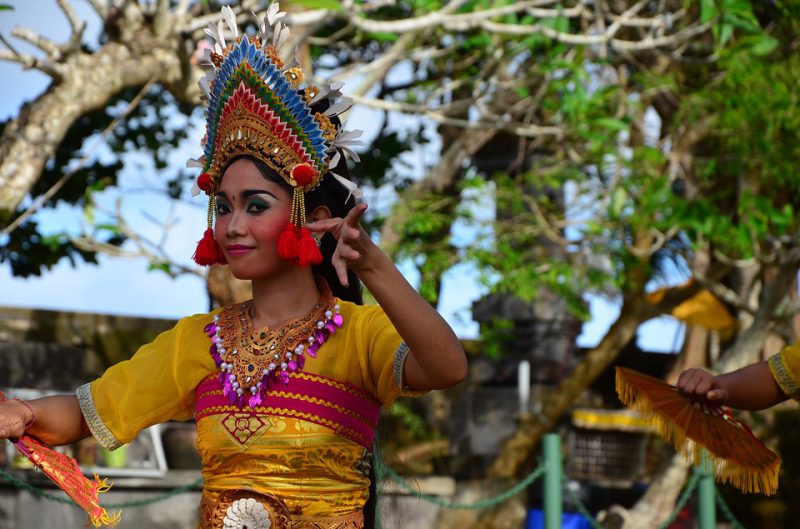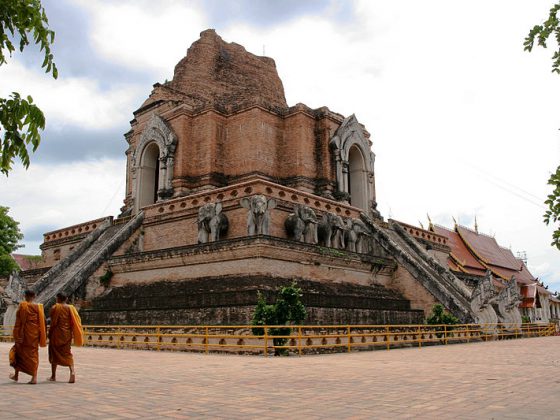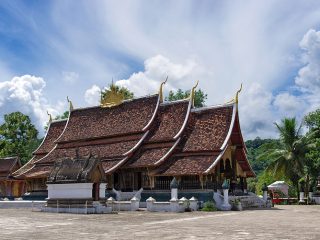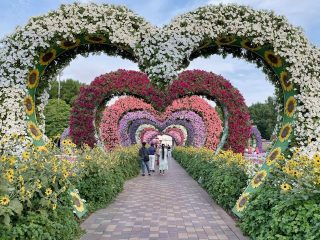Bali is one of the world’s favourite beach holiday destinations. The dusk till dawn party scene and wide variety of water sports keep the crowds rolling in year round. Travelling inland, you will encounter a contrasting side to Bali. In the uplands of Bali lies its cultural capital, the town of Ubud; villa resort properties on this part of the island offer tranquil retreats and cool mountain air. Rice fields, mystical shrines and the Ayung River Valley make up the picturesque landscape. For panoramic views over the valley book a stay at the Alila Ubud Bali.
The Bali you see today is built on rich cultural heritage that is rooted in long standing religious beliefs. Two and a half million years ago early settlers arrived by sea and made their home along the north coast. They worshipped the forces and creations of nature and believed in the spirits that lived within them. There was also a clear reverence for departed. In the sixteenth century, King Batu Renggong of Gelgel unified the regions of Bali. He established social and religious norms that are seen today. The unique Hindu-animist beliefs still have a presence.
The Balinese people mark each stage of life with a ceremony known as Manusa Yadnya. The celebrations begin before a baby is even born and end with rituals carried out after death. The Balinese are known for their large families, in part because marriage takes places at a what would be considered a young age by universal standards. A marriage can take the form of ‘mapadik’, the respectable way, where the family of the prospective groom visits the family of the prospective bride to discuss the union or ‘ngorod’ where the bridal couple elopes. Most homes are built using the same traditional style of architecture. Male and female roles are clearly defined and the community is close-knit. The dead are cremated while following a number of colourful rituals.

Caleb Falcon is a travel writer who specializes in writing content based on the many exciting world adventures that await intrepid travellers.










